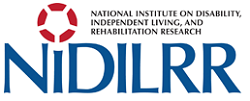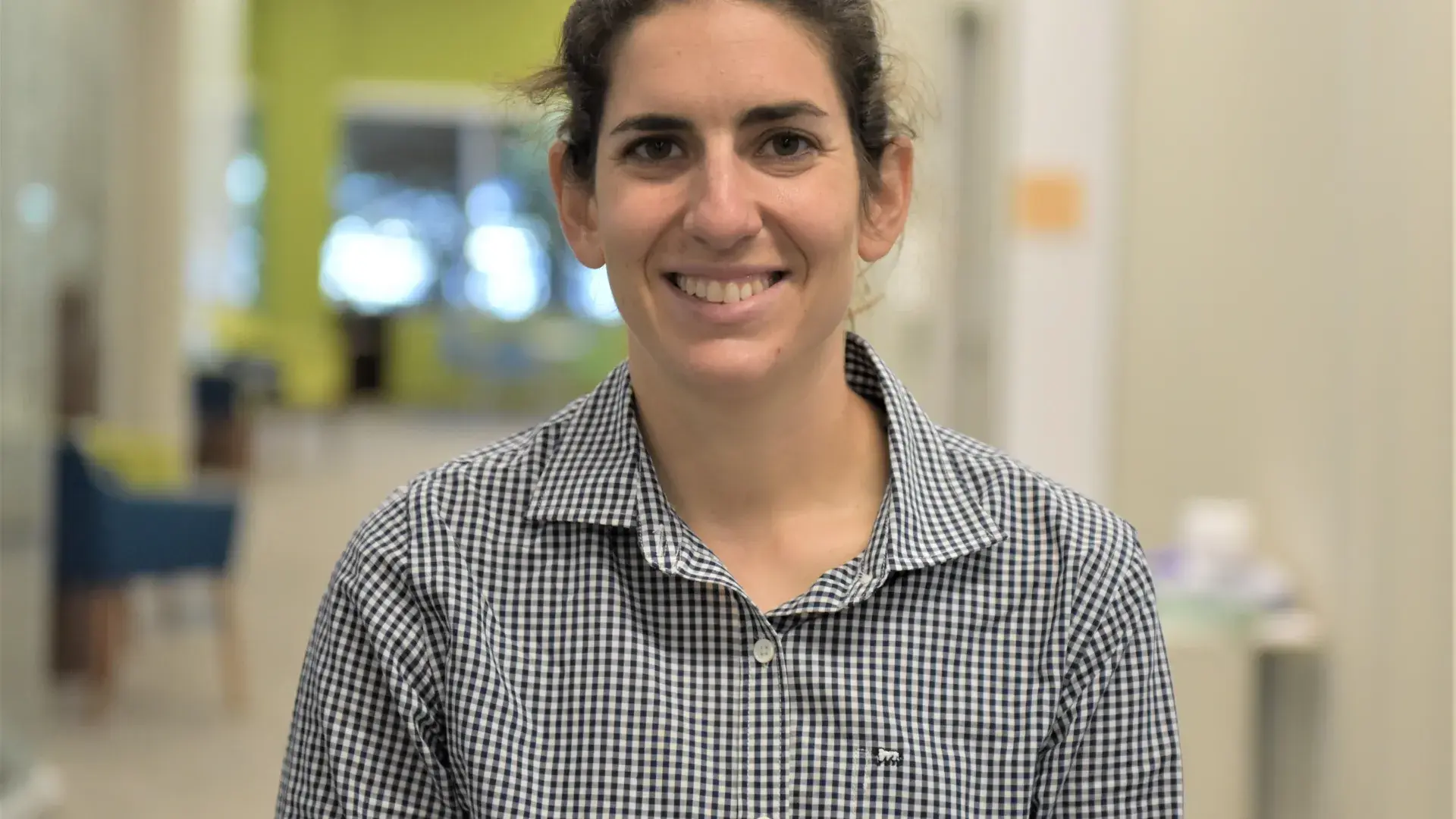
Peer Mentoring
- Young adults with intellectual and/or developmental disabilities need mental health services, but there are many barriers. Some barriers include: lack of professional knowledge about providing care to young adults with intellectual and/or developmental disabilities, long waitlists, and lack of services accessible via public transportation. Peer-delivered interventions, such as peer mentoring, may be one solution to these barriers.
- Peer mentoring is a type of service where individuals with intellectual and/or developmental disabilities and co-occurring mental health conditions are trained to provide support and/or deliver interventions to other young adults with disabilities. Peer mentoring is considered a best practice in mental health intervention and consistently promotes positive outcomes for individuals with IDD. However, we do not know of a peer mentoring program for young adults with intellectual and/or developmental disabilities that is focused on mental health.
- It is important that peer mentors receive good training so they can be great peer mentors.
- Young adults with intellectual and/or developmental disabilities and co-occurring mental health conditions are at heightened risk for health and quality of life disparities, such as decreased community participation.
- Our team worked together to develop a peer mentoring program.
- Our research suggested that this program can be done (it is “feasible”) and that young adults enjoyed it.
- We observed that the peer mentor did a good job, but they had difficulty with some skills. Before we have a large trial of peer mentoring, it is important to improve peer mentor training and evaluate if peer mentors can deliver the intervention as it is intended (i.e., “with fidelity”).
Schwartz, A., Levin, M. (2021) Feasibility of a peer mentoring program for young adults with intellectual and developmental disabilities and co‐occurring mental health conditions, British Journal of Learning Disabilities
Schwartz, A., Young Adult Mental Health/Peer Mentoring Research Team, Kramer, J., Rogers, E.S., McDonald, K.E., Cohn, E.S., (2020). Stakeholder-driven approach to developing a peer-mentoring intervention for young adults with intellectual/developmental disabilities and co-occurring mental health conditions. Journal of Applied Research in Intellectual Disabilities
This study is funded by a Switzer Fellowship, provided to Ariel Schwartz by the National Institute on Disability, Independent Living, and Rehabilitation Research (#90SFGE0031-01-00)



